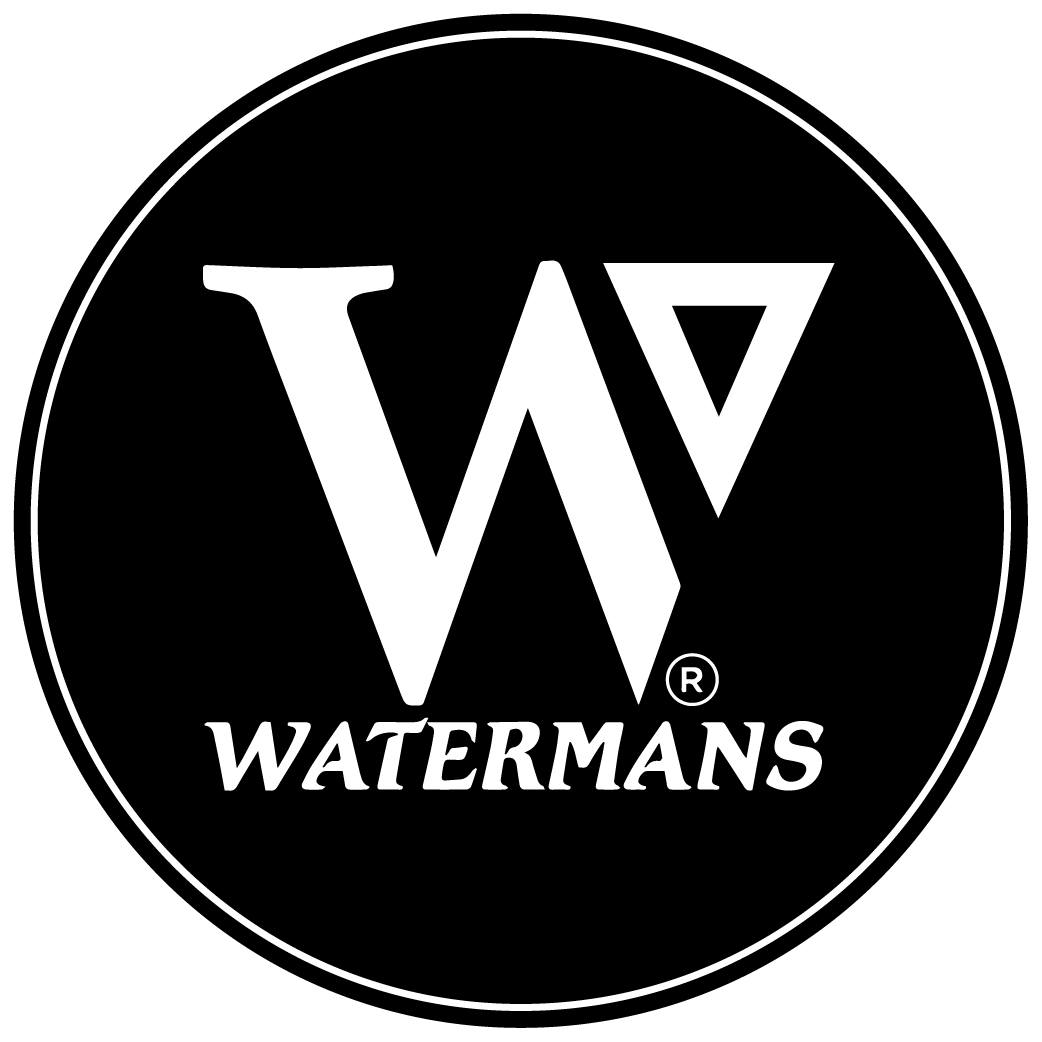
Trusted by e-commerce sellers around the world
Expand your business
Unlock e-commerce growth with AVASK
AVASK Services
Your strategic partner in global commerce
Additional Services
For all of your expansion needs
Client Success Stories
Real Sellers. Real Stories.
Discover how we’ve helped e-commerce businesses thrive and achieve growth
Martha Silcott | FabLittleBag
AVASK provided expert advice regarding the options of trading and storing goods in the EU complying with the complex tax and VAT realities. They are always on the other end of the phone to discuss through issues.
Susana & Carlos | FarmaPlatinum
We couldn’t be happier with the attention the AVASK team gives to our problems and the speed and efficiency of the service. There is no doubt that we would recommend AVASK’s services to any company.

Gail Waterman | Watermans
Partnering with AVASK has significantly streamlined our VAT handling process, allowing us to redirect our focus towards the growth and development of our business.
John McBride | Heating Parts Warehouse
AVASK will deliver what you want them to deliver. The team are diligent, professional and extremely customer focused. I would highly recommend AVASK to any company.






















